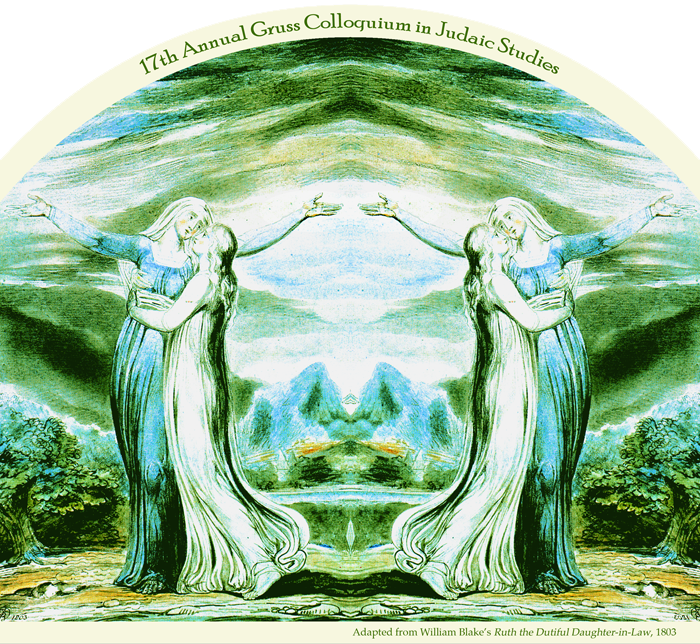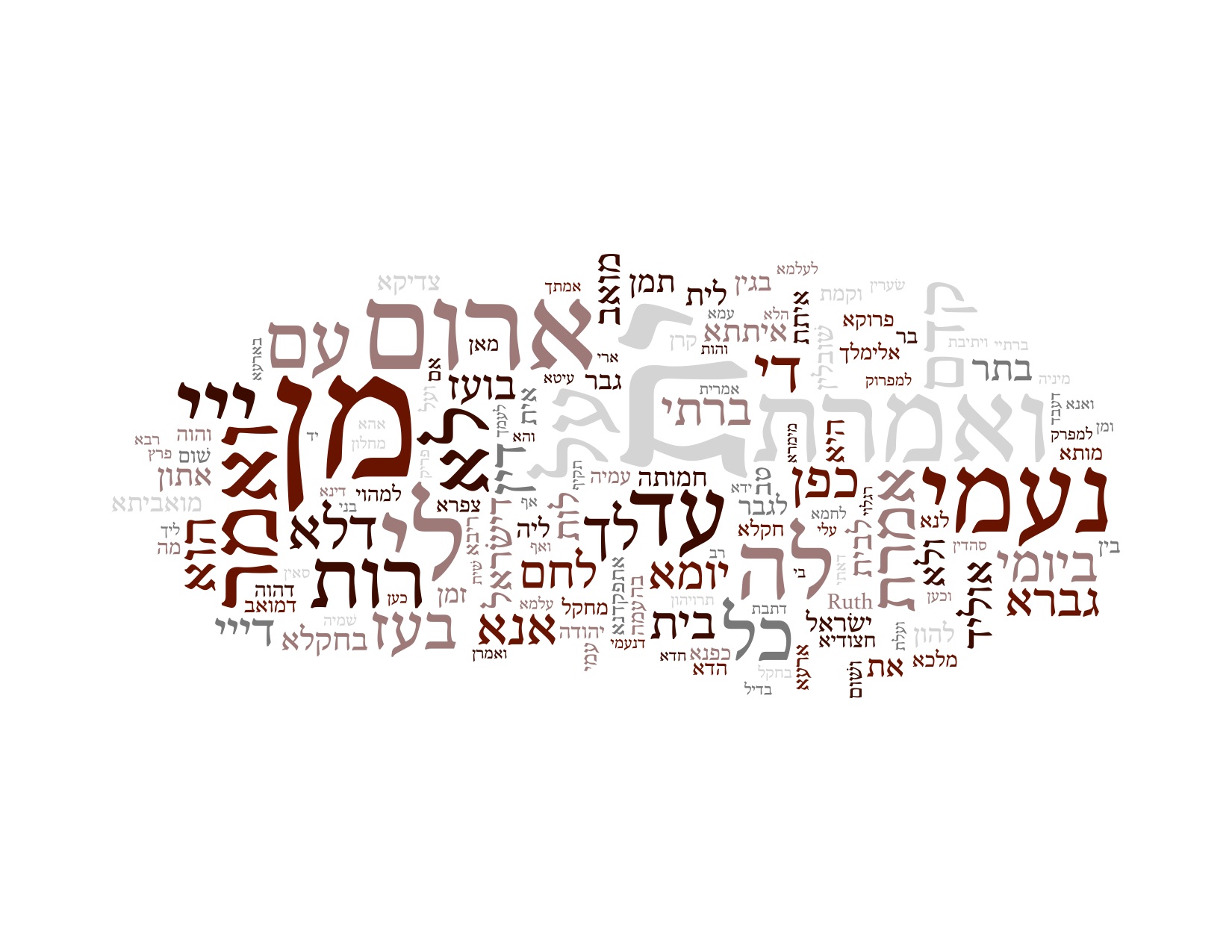In the late 80s early 90s I read a bunch of Chaim Potok’s works, his famous books about young Jewish men growing up in a modernizing world. He came to speak at Wheaton College when I was there as a grad student. For those who do not know, Potok was a Jewish chaplain during the Korean war, and his first book not about Jewish subjects, I Am the Clay, came out about that time. I never read it, but I remember that while discussing this book about the Korean war, he commented that most Christians knew very little of Lamentations, usually only the bit used in hymns and worship songs:
Lam. 3:21-24 But this I call to mind,
and therefore I have hope:
The steadfast love of the LORD never ceases,
his mercies never come to an end;
they are new every morning; great is your faithfulness.
“The LORD is my portion,” says my soul,
“therefore I will hope in him.”
But we forget all the rest of the Book of Lamentations. The verses preceding 3:19, for example, make 19-21 seem as if the author is describing a mild discomfort, but if you read even just a few more verses in chapter 3 (let alone the whole book) you begin to realize that there is the deepest distress here.
Lam. 3:13-20 He shot into my vitals
the arrows of his quiver;
I have become the laughingstock of all my people, the object of their taunt-songs all day long.
He has filled me with bitterness,
he has sated me with wormwood.He has made my teeth grind on gravel,
and made me cower in ashes; my soul is bereft of peace;
I have forgotten what happiness is; so I say, “Gone is my glory,
and all that I had hoped for from the LORD.”The thought of my affliction and my homelessness
is wormwood and gall!
My soul continually thinks of it
and is bowed down within me.
When I heard Potok speak I had no idea that I would shortly begin research on the Book of Lamentations and its Targum that would take nearly a dozen years. One of the things I learned in plowing through commentaries and working through the Hebrew was that the opening portion of Lam. 3:21 is not as straight forward as most translations suggest: זֹאת אָשִׁיב אֶל־לִבִּי. It is not clear whether זאת refers to what follows or what preceded verse 21. [mfn]I will have to look up the commentators who hold this view another time. I do not have them with me at present.[/mfn] Obviously if it is what precedes this verse (all the filling with bitterness, sating with wormwood, etc.) then the statement of faith that follows becomes all that more … powerful? confusing? I am not sure exactly.
The poet has just declared that God, the Lord himself, has brought utter destruction upon him. Remember, these poems commemorate the destruction of Jerusalem by the Babylonians in 586 BCE, but chapter 3 begins, “I am one who has seen affliction under the rod of God’s wrath.” It is a personal account of misery and grief. And he declares that God brought all of this upon him. Is that why he has hope? Could it be that his firm conviction that all things happen through God affirms his faith?
I have written elsewhere why I think a blanket theology of “God makes everything happen” is wrong (“The will of God“). I think it would also be wrong to see Lamentations as a validation of that theology. The circumstances were so much different from the agentless injustice of a life taken by illness or accident. In the framework of Lamentations it is clear that the author understands Judah’s suffering as a direct result of their sin in not worshipping God and trusting him. Thus God punished his people by allowing the very symbol of worship, the Temple, to be destroyed. But this is hardly the case for those of us who have faithfully trusted and worshipped God yet still suffer tragic loss.
Whether the grammar requires looking forward in the text or back, I believe experience tells me it must be the former. We must look to each moment as being new, a fresh opportunity for hope and mercy, grace and joy. Every morning E and I wake up missing our son. It is the deep, painful reality of this life. Yet each morning we see our beautiful daughter, we are met at work and around town by incredible people who love and support us. God’s mercy and grace is around us and his faithfulness is great. If I am willing to call it to mind and if I am willing to have hope.
“The LORD is my portion,” says my soul,
“therefore I will hope in him.”





2 thoughts on “Morning by morning?”
Like Psalms 42-43 (singular) in contrast to Psalm 44 (plural), do you think that in Lamentations 3, we have a singular voice representing the whole people, rather than an individual lament?
Knowing this as your area of expertise, do the Tarumim or the commentaries make anything of the reversal of Peh and Ayin? I have thought about these 4 acrostics in relation to the 8 in the Psalms (4 in Book 1 imperfect and 4 in Book 2 perfect) and considered that they sometimes are the poet refusing to play the letter game deliberately.
I do hold to the view that “ani hagever” אני הגבר, “I am the man…” is an Everyman, there to speak for the community as well as to the community. That doesn’t necessarily mean that it doesn’t come out of personal experience, but such reflection as the last half of Lam 3 often requires distance, sometimes great distance.
The Targumim ignore the acrostic(s) in Lamentations entirely. I would have to go back to see if any of the rabbinic commentaries have anything to say on the reversal of פ and ע. Odds are good that one of the rabbis has something to say on the matter.
For those unfamiliar, Lam. 1-4 are an acrostic; each verse beginning with subsequent letters of the alphabet, chapter 3 having three lines with each letter. Chapter 5 has 22 verses, but it is not a true acrostic. The Hebrew alphabet eventually settled on an order than included the letter ע ‘ayin before פ peh. Chapter 1 follows this pattern, but chapters 2, 3, and 4 do not, they invert it with פ coming first.
I do not think we can draw any conclusions about why or what this means. It could well be that the poet is intentionally reversing the order, but to what end? And if he was going to move them around (i.e., ignored the alphabetical order) why just these two? Well, there is other evidence that shows that the order of just these two letters was in flux. So it seems to me that this is simply evidence, “crystalized” through canonization, of that fluidity in one book. Chapter 1 reflects one order while chapters 2, 3, and 4 reflect the other. Different sources? Perhaps (I think so for other reasons), but hardly conclusive.